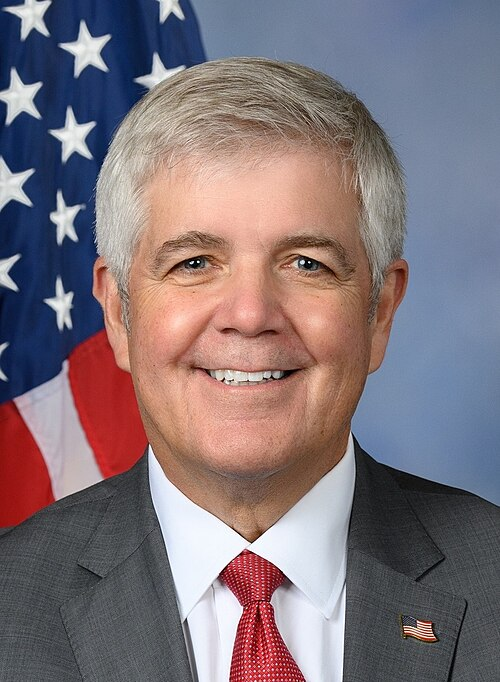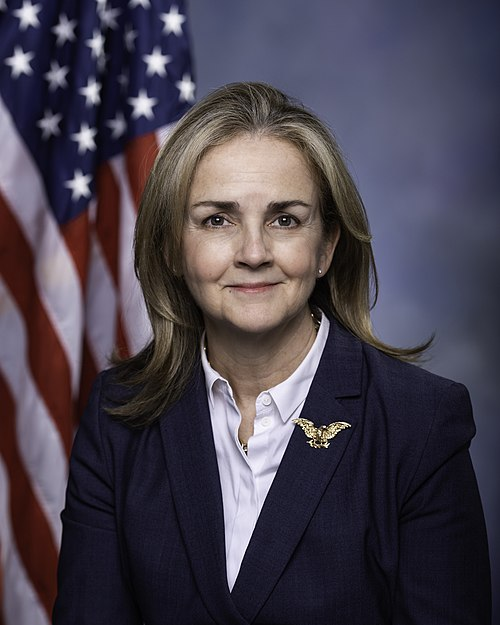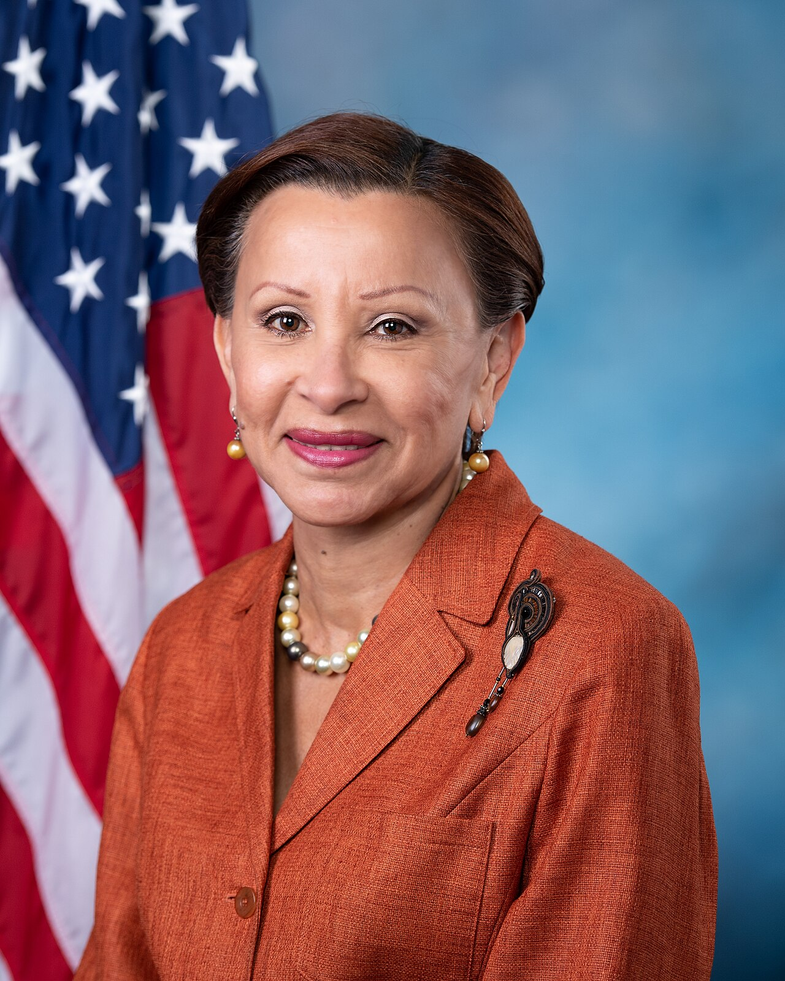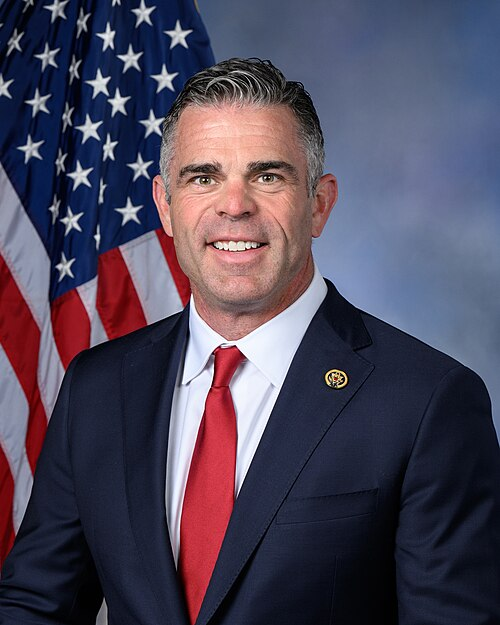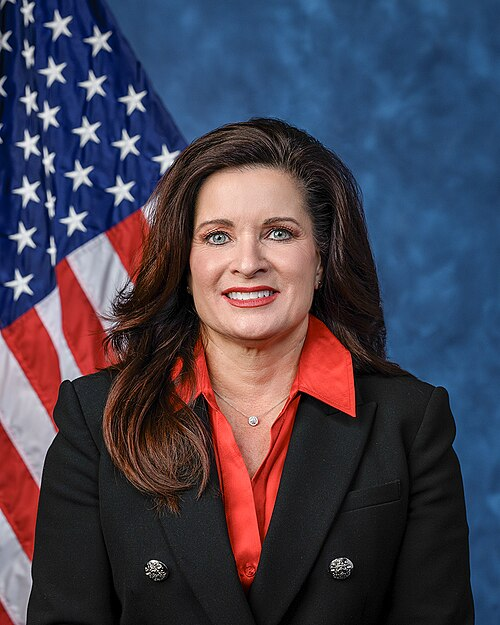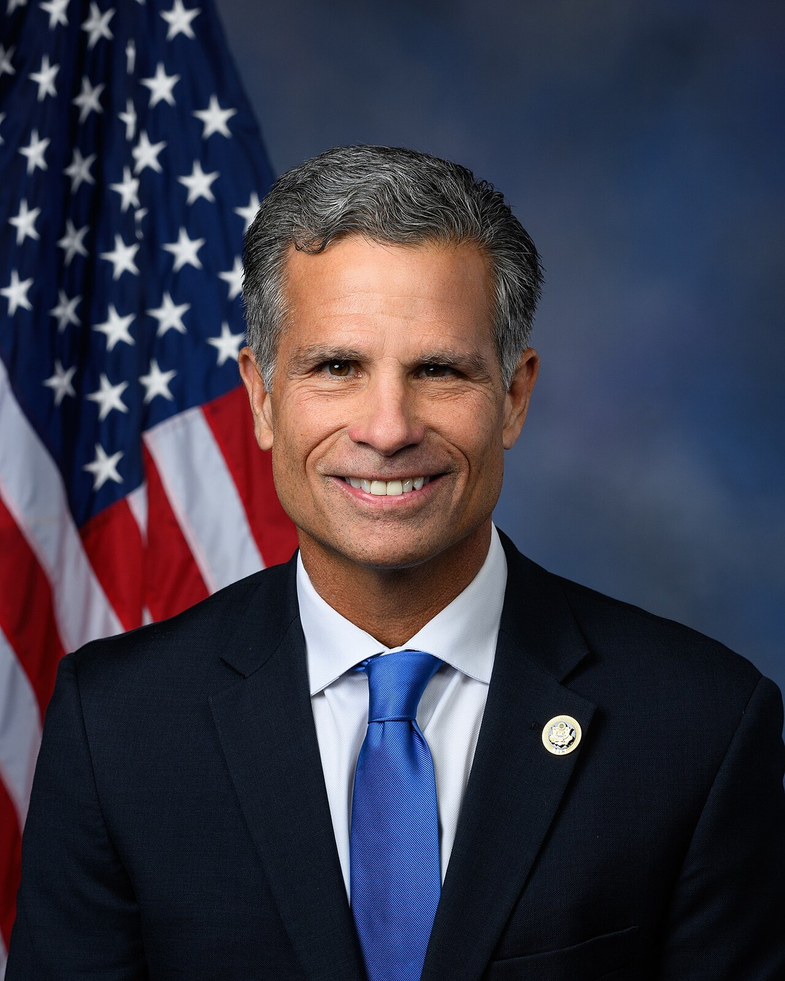H.R. 1777: Securing and Enabling Commerce Using Remote and Electronic Notarization Act of 2025
This bill, known as the Securing and Enabling Commerce Using Remote and Electronic Notarization Act of 2025, aims to establish a framework for notaries public to conduct electronic and remote notarizations, particularly those that involve or impact interstate commerce. Here’s a breakdown of its key provisions:
1. Electronic and Remote Notarization Authorization
The bill allows notaries public to perform notarizations on electronic records as well as for individuals who are not physically present (remotely located individuals), provided these notarizations are in or affect interstate commerce. Notaries will need to adhere to specific requirements when performing these types of notarizations.
2. Requirements for Electronic Notarization
When a notary performs electronic notarizations, they must:
- Attach their electronic signature and any other necessary information to the electronic record.
- Ensure that the electronic signature is linked to the record in a way that makes any future changes to the record apparent.
3. Requirements for Remote Notarization
For remote notarizations, the notary must:
- Use communication technology to allow the remotely located individual to appear before them during the notarization process.
- Verify the identity of the remotely located individual through acceptable means, such as personal knowledge or independent identification verification processes.
- Record the notarial act via audio and visual technology, maintaining those records for a specified retention period.
4. Recognition of Notarizations
The bill requires federal and state courts to recognize notarizations performed by notaries from any U.S. state, as long as they are valid under the notary’s home state law or under this act. This aims to simplify legal processes involving notarized documents across state lines.
5. State Recognition of Out-of-State Notarizations
Every state must recognize notarizations performed by a notary from another state, provided the notarization is valid in the state where it was performed. This provision helps ensure that notarizations can be utilized seamlessly, regardless of the state in which they are executed.
6. Limitations on Notary Actions
The bill does not require notaries to perform electronic or remote notarizations if they choose not to. Additionally, a notary cannot be compelled to use technology they are not comfortable with or trained in.
7. Protection of Notarizations
Failure to meet specific requirements set out in the bill does not automatically invalidate a notarization. This offers protection to individuals relying on notarized documents, ensuring that minor procedural failings will not negate the validity of an important transaction.
8. Presumption of Validity
Notarizations will be presumed valid, with the signature and title of the notary serving as prima facie evidence of their authenticity and authority in legal proceedings.
9. Regulations and Standards
States retain the ability to impose additional standards on notaries for electronic and remote notarizations, as long as they don’t conflict with the federal framework established by this bill. This respects state sovereignty while establishing a baseline at the federal level.
10. Severability Clause
If any portion of the bill is deemed unconstitutional or invalid, the remainder of the bill will remain effective.
Relevant Companies
- ADBE (Adobe Inc.) - This company provides electronic document solutions, and changes in notarization laws could enhance their business offerings related to e-signatures and document verification.
- MSFT (Microsoft Corporation) - As a provider of services that include digital signatures and electronic communications, Microsoft could see an increase in demand for their software that facilitates electronic notarization.
This is an AI-generated summary of the bill text. There may be mistakes.
Sponsors
9 bill sponsors
Actions
2 actions
| Date | Action |
|---|---|
| Mar. 03, 2025 | Introduced in House |
| Mar. 03, 2025 | Referred to the Committee on Energy and Commerce, and in addition to the Committee on the Judiciary, for a period to be subsequently determined by the Speaker, in each case for consideration of such provisions as fall within the jurisdiction of the committee concerned. |
Corporate Lobbying
3 companies lobbying
